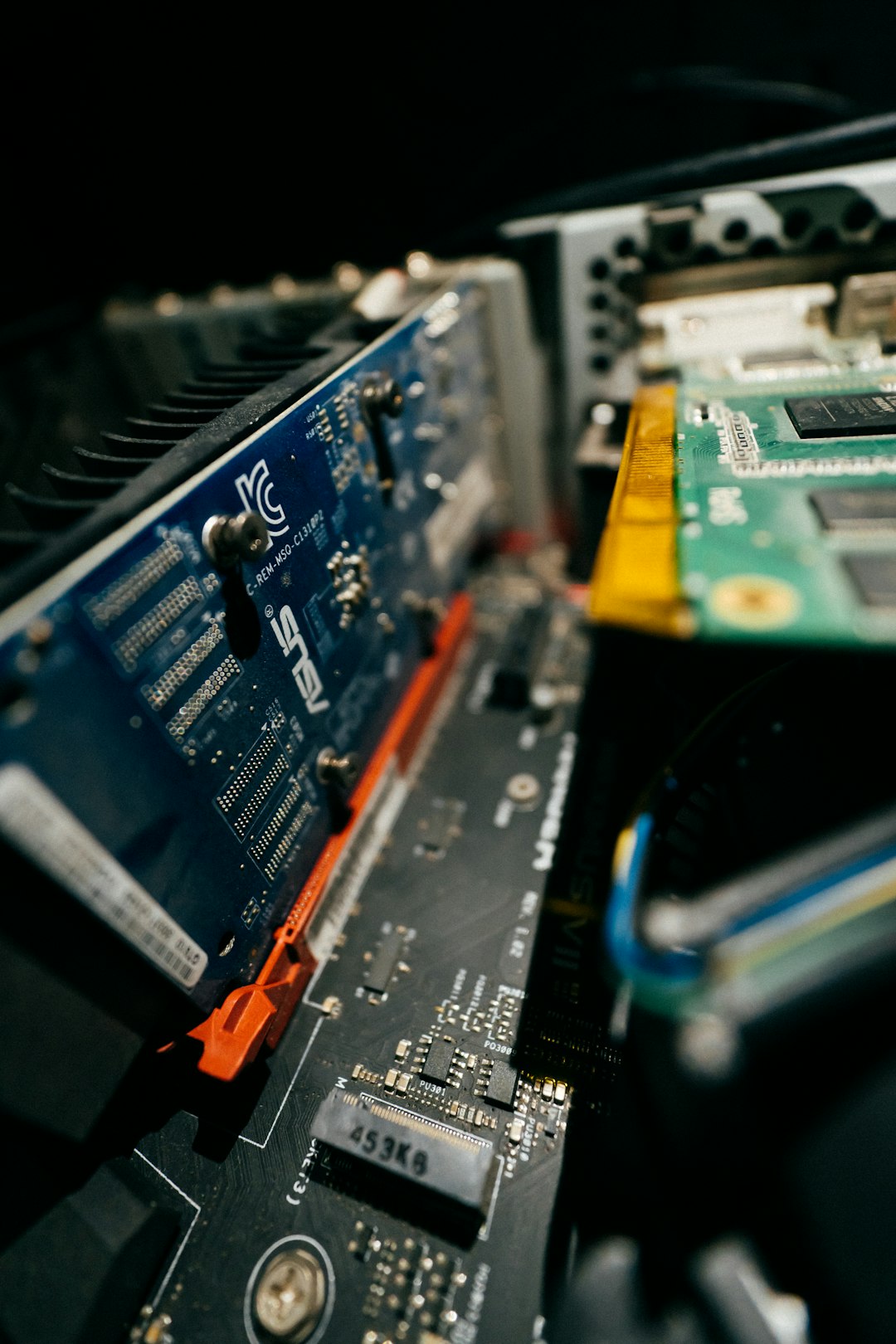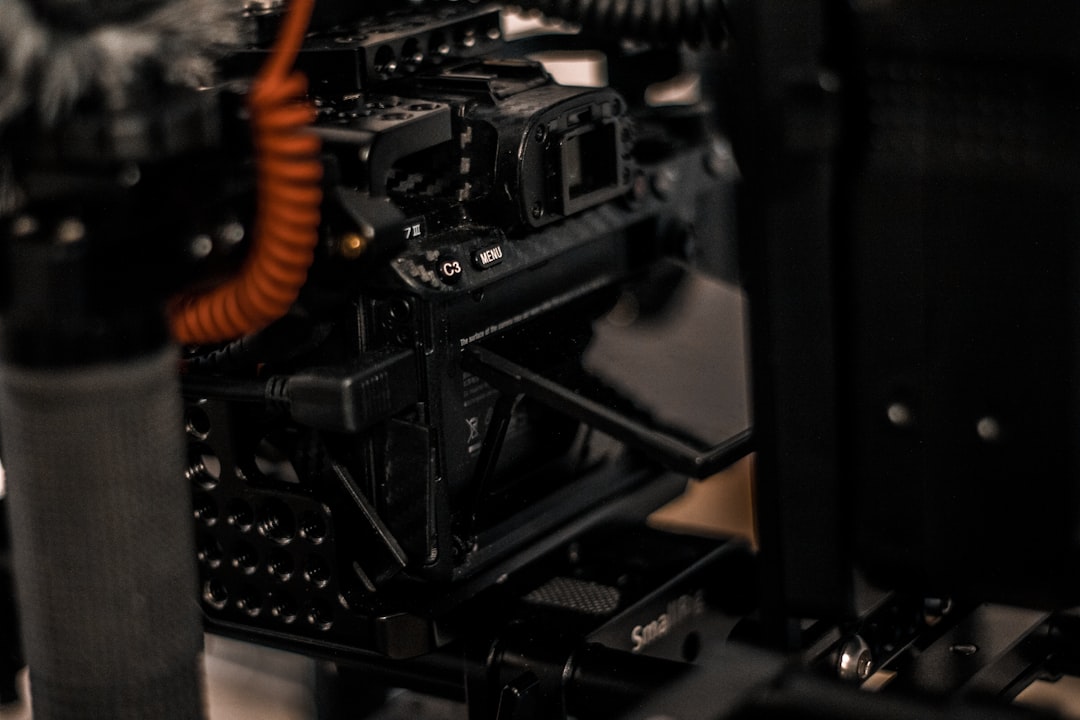For tech enthusiasts looking to create their own NAS (Network Attached Storage) system, choosing the right motherboard is critical. A powerful and reliable ATX motherboard can be the foundation of a high-performing DIY NAS build, offering expandability, energy efficiency, and support for multiple storage drives. With a variety of chipsets and features available on the market, selecting a compatible ATX board tailored to storage-focused tasks ensures long-term stability and performance.
Below is a curated selection of recommended ATX motherboards ideal for NAS builds, taking into consideration factors like SATA ports, PCIe expandability, power efficiency, and compatibility with server-grade and consumer-grade components.
Top Recommended ATX Motherboards for DIY NAS Builds
1. ASRock Rack X570D4U
This board is a favorite among DIY NAS builders due to its unique server-class capabilities and compact ATX form factor. Built on the AMD X570 platform, it supports ECC memory, which is valuable for data integrity in a NAS environment.
- CPU Support: AMD Ryzen AM4 Processors
- Memory Support: 4x DDR4 ECC/Non-ECC UDIMM
- Expansion: Dual PCIe 4.0 x16 slots
- Storage: 8x SATA3 ports + 1x M.2 NVMe
Its dual Intel gigabit LAN ports also offer improved networking capabilities — perfect for high data throughput scenarios.

2. Supermicro MBD-X11SCL-F
Known for its enterprise-grade reliability, Supermicro delivers consistent performance through its X11 series boards. This model is particularly suited for NAS because of its server-class features and compatibility with Intel Xeon E-Series processors.
- CPU Support: Intel Xeon E-2100/2200 Series & 8th/9th Gen Intel CPUs
- Memory: Up to 64GB DDR4 ECC UDIMM
- LAN: Dual Intel Gigabit Ethernet
- Storage: 6x SATA3, 1x M.2, Support for RAID 0, 1, 5, 10
With its IPMI (Intelligent Platform Management Interface) functionality, users gain access to out-of-band management tools, making it ideal for remote NAS setups.
3. ASUS ProArt B550-Creator
While not a server motherboard, this ATX board is perfect for creators wanting to build a powerful and silent NAS using Ryzen processors. Featuring dual Thunderbolt 4 ports, it’s ideal for high-speed transfers and future expansion.
- CPU Support: AMD Ryzen 3000 & 5000 Series
- Memory: 4x DDR4 DIMM Slots (Non-ECC)
- Networking: Dual 2.5Gb LAN
- Storage: 6x SATA, Dual M.2 Slots
The aesthetics and passive-cooling design also make it a popular pick for quiet home-based NAS systems.

Key Considerations When Choosing a NAS Motherboard
When selecting a motherboard for a NAS build, users should factor in the following:
- SATA Ports: More SATA ports allow for greater storage expansion.
- ECC Memory Support: Enables detection and correction of memory errors — vital for data integrity.
- Network Ports: Dual or multi-Gigabit LAN can increase data transfer speed significantly.
- Form Factor: While ATX allows for flexibility and expansion, ensure your chassis can accommodate it.
Other factors such as support for NVMe drives, PCIe slots for RAID cards or HBA controllers, and BIOS-level power settings are also worth reviewing when planning a NAS system.
Frequently Asked Questions (FAQ)
- Q: Can I use a gaming motherboard for a NAS build?
A: Yes, although server-grade boards often offer better network performance and ECC memory support, many gaming motherboards can function as NAS setups if they provide enough SATA ports and stable power delivery. - Q: Is ECC memory necessary for a NAS system?
A: While not strictly required, ECC memory greatly reduces the risk of data corruption, making it a wise investment for mission-critical or large-scale storage systems. - Q: How many SATA ports do I need on a motherboard for NAS?
A: This depends on your storage requirements. A basic NAS may need 4-6 ports, but ambitious setups with RAID configurations can benefit from 8 or more. - Q: Can I add more SATA ports later?
A: Absolutely. By adding PCIe SATA expansion cards or HBAs, users can significantly increase the number of drives their NAS can support. - Q: Do ATX motherboards consume more power?
A: Power consumption is more dependent on the CPU and other components, not just the motherboard size. However, larger boards often support better power distribution for complex builds.
In summary, picking the right ATX motherboard lays the groundwork for a powerful, scalable, and efficient DIY NAS build. Whether opting for a server-grade board like the ASRock Rack X570D4U or a feature-rich consumer option like the ASUS ProArt B550-Creator, buyers should align their choice with long-term storage goals, energy efficiency, and future expandability.